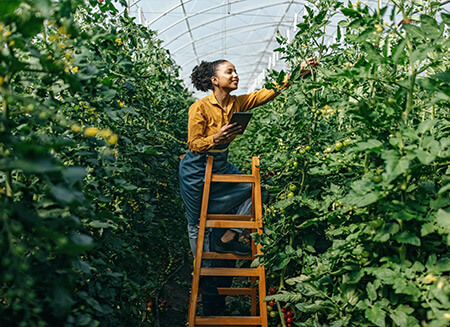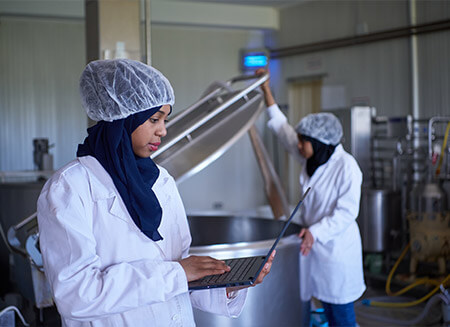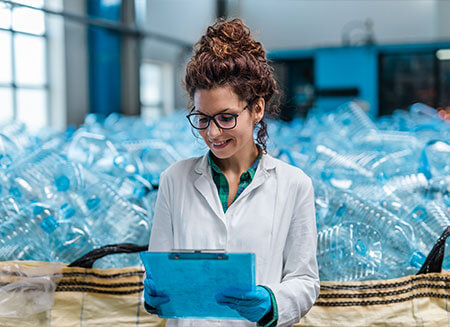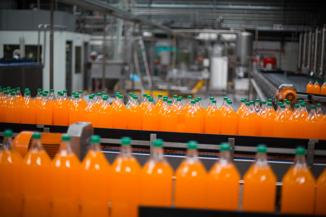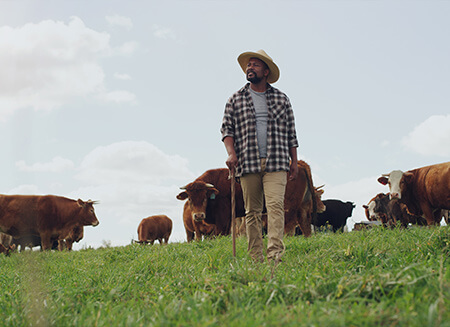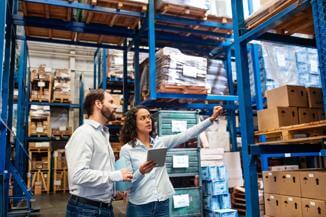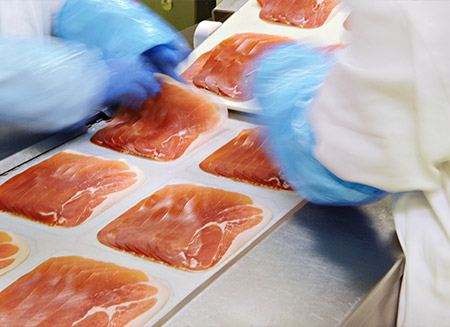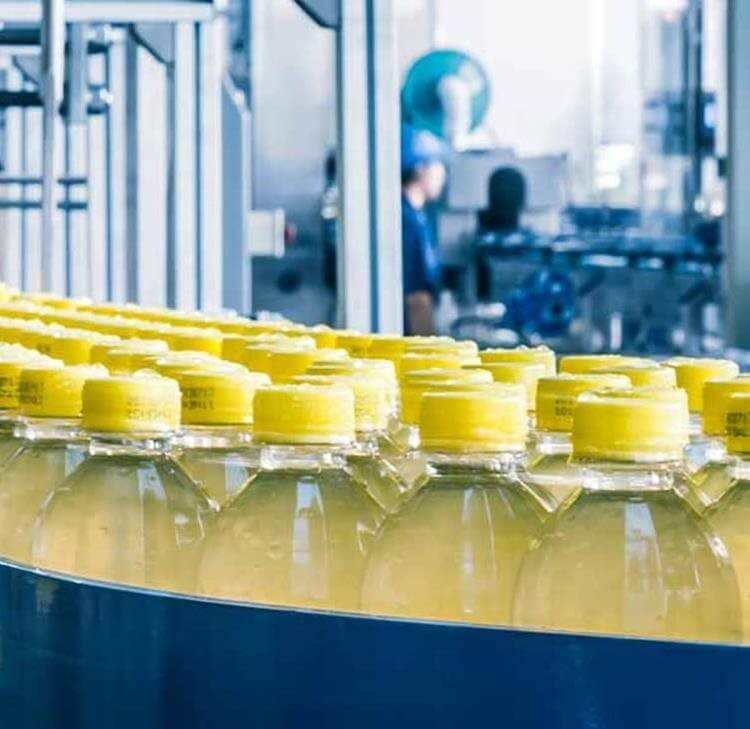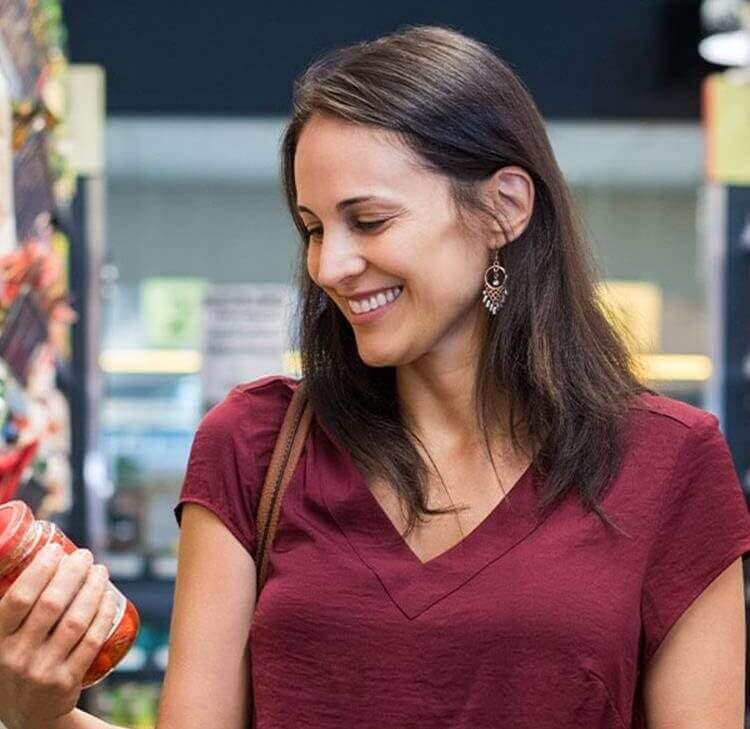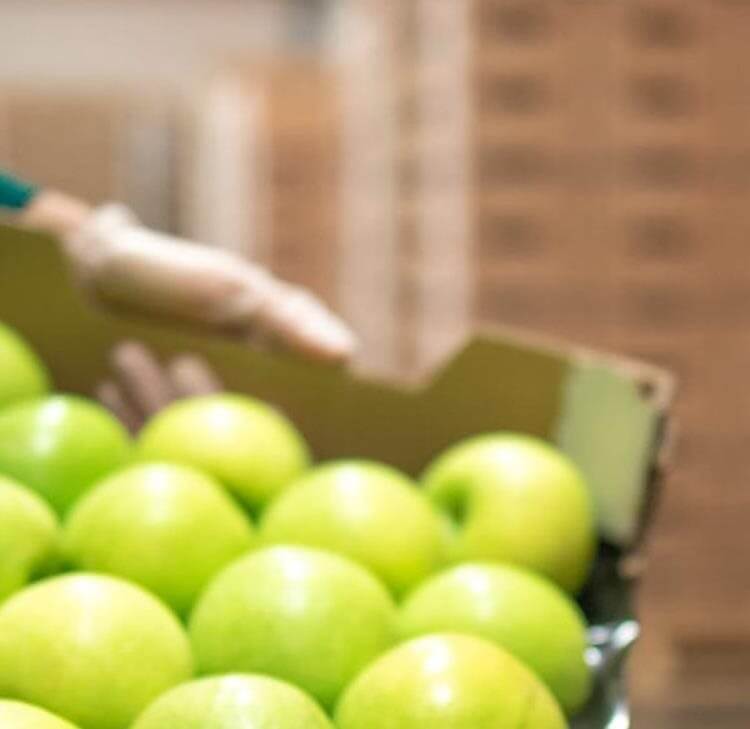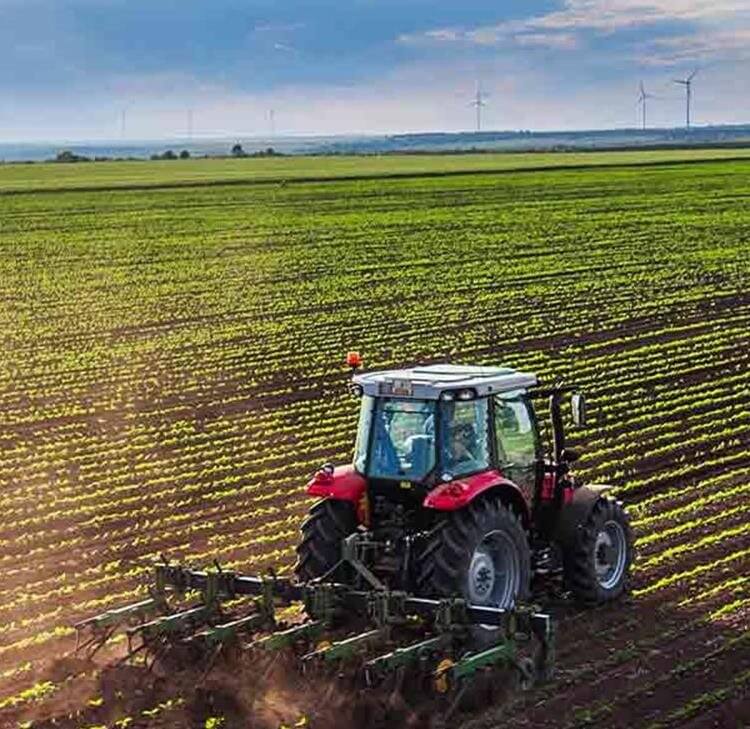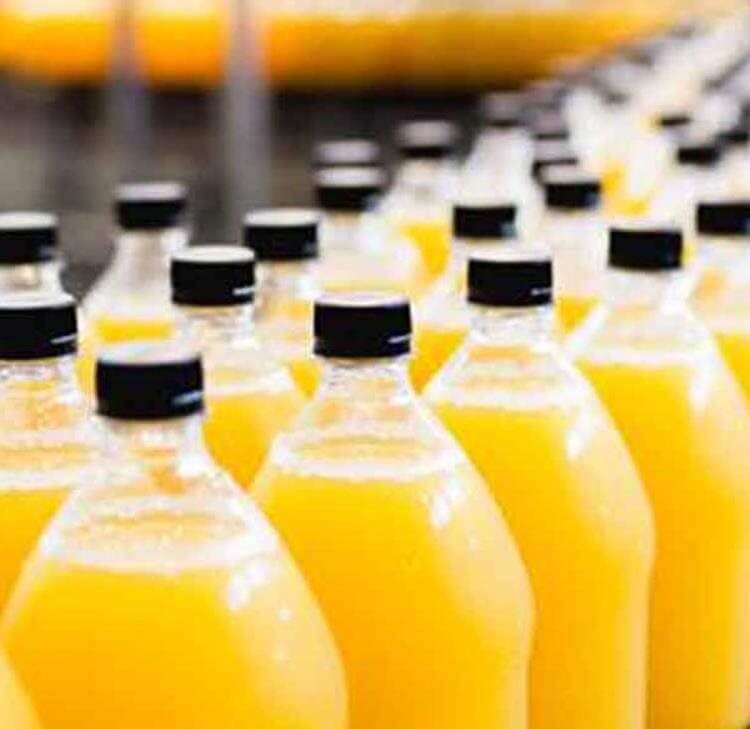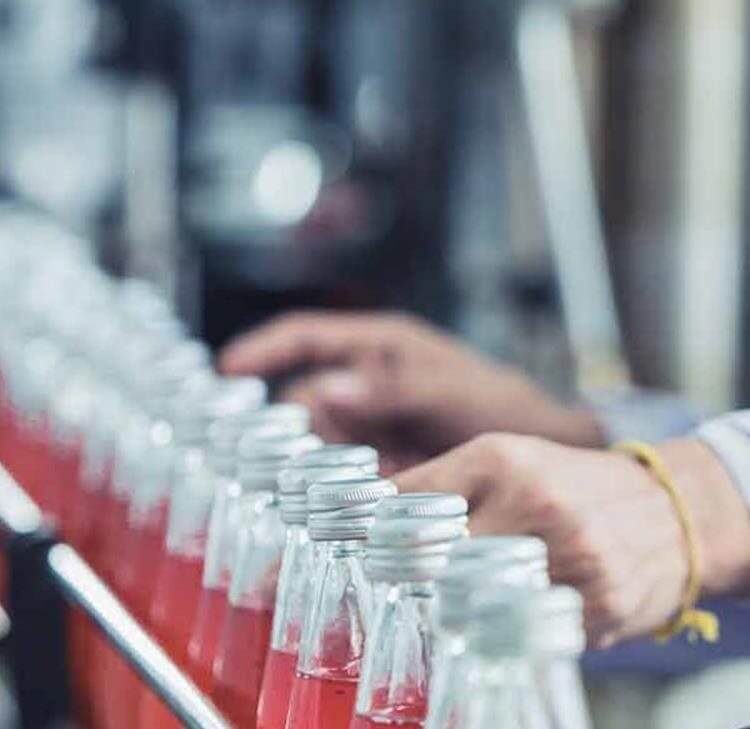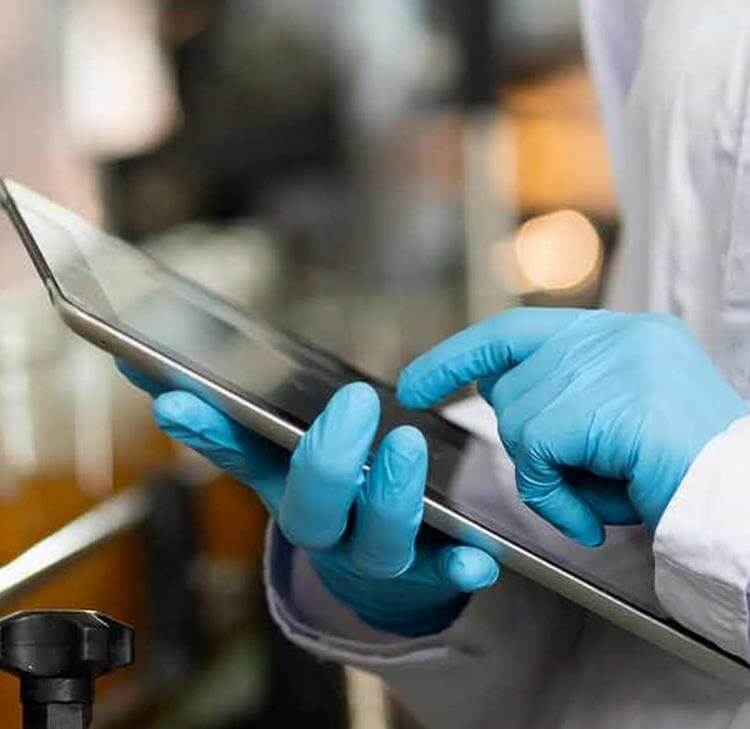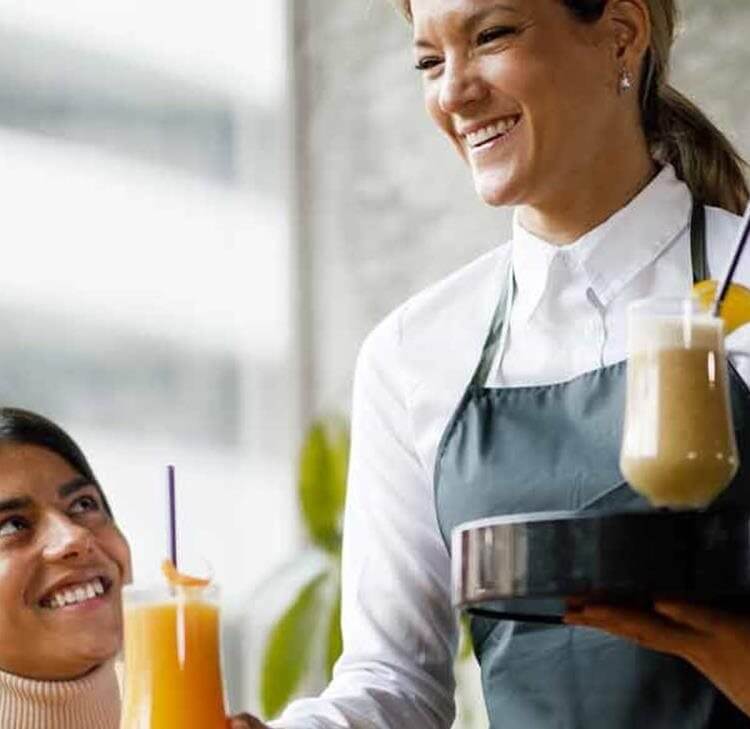In 2023, it is believed that almost 700,000 people in the UK signed up for ‘Veganuary’. Though the reasons for doing so vary, reducing the impact that eating meat and animal produce has on the environment, was one of the top three reasons listed for taking part.
So, is there truth in this – is a vegan diet better for the planet? And if so, is veganism a reality that our British farmers, and our landscape, can adapt to?
The UN says that meat and dairy accounts for over 14% of manmade greenhouse gas emissions, and beef farming alone produces 31 times more CO2 emissions per calorie produced for consumption than tofu production . Studies certainly show that if everyone were to switch to a vegan lifestyle, food related emissions could drop, and some estimates show this could be as much as 68% within 15 years, which in turn could have a substantial impact on the battle to tackle global warming .
However, but not all plant-based foodstuffs have a small environmental footprint. Some foods linked with a typical vegan diet, such as avocados or almond milk, require vast amount of water to produce, and when imported, carry a carbon footprint. Carbon impact from production, transportation and packaging, still needs to be considered when switching to a vegan diet, and as it is well known, soya production is linked to deforestation and soil erosion. On top of this, soy is not generally grown in the UK, therefore replacing locally produced meat and animal products with soy could also increase the carbon emissions resulting from imports. In fact, the WWF estimate that soy is the second-largest agricultural driver of deforestation worldwide after beef .
Reality of farming
In the UK, we produce about 58% of our domestic food consumption, and about a third of the farmland in the UK is arable. During the growing season, about 72% of that arable area is cereal crops, and of that cereal crop area, more than 57% is wheat. Of course, a large proportion of this cereal and wheat crop is used to feed livestock, causing inefficiencies in the food chain. Humans need to grow more plants to feed livestock than they might otherwise need to grow to feed humans in a vegan world. In fact, the majority of that pesky soy we were talking about earlier is used to feed livestock. So, if we weren’t feeding those animals and consuming the plants ourselves directly, what would the impact be?
If everyone were to eat vegan, across the globe the land required for agriculture would be 75% less. What would it be used for – not entirely food production, but perhaps rewilding, forestry, rainforest etc. The Vegan Land Movement, for example, purchases dairy land at auction and rewilds it to give it back to nature.
Horticulture focuses on the cultivation of fruits, vegetables, and ornamental plants. The Chartered Institute of Horticulture has estimated that businesses growing fruit and vegetables employ over 50,000 people in the UK and is a £5bn industry. Could this be increased if we up our veggie consumption and reduce our meat consumption?
The future for UK food manufacturers
It will be interesting to see the impact of environmental land management (ELM) schemes, alongside other legal changes set to affect farming practices, such as biodiversity net gain (BNG), which is expected to become mandatory for new applications for planning permission for developments.
While we’re expecting to see veganism growing in popularity, it’s possible that we’ll also see the scale of sustainable farming of all food types growing in light of the growing population.
We may also see a shift to alternative vegan foods that are also sustainable – as an example, instead of eating avocados for vitamin E, sunflower seeds are a richer source, and for vitamin K, broccoli and cabbage are a great alternative. Additionally, lentils and cauliflower are great sources of folate and vitamin B9 is also found in avocados.
There may be more to sustainable eating than simply seeing vegan or vegetarian food as the most sustainable alternative to meat - even a vegetarian breakfast travels a huge distance by the time it reaches your plate. Food production, no matter what type, will always have an impact on the environment.
With all this in mind, it’s vital to support sustainable and local meat and dairy farming, in turn minimising the distance which foods are transported across the globe, and perhaps giving a little more ‘Veganuary’ spirit here and there, all year round.




